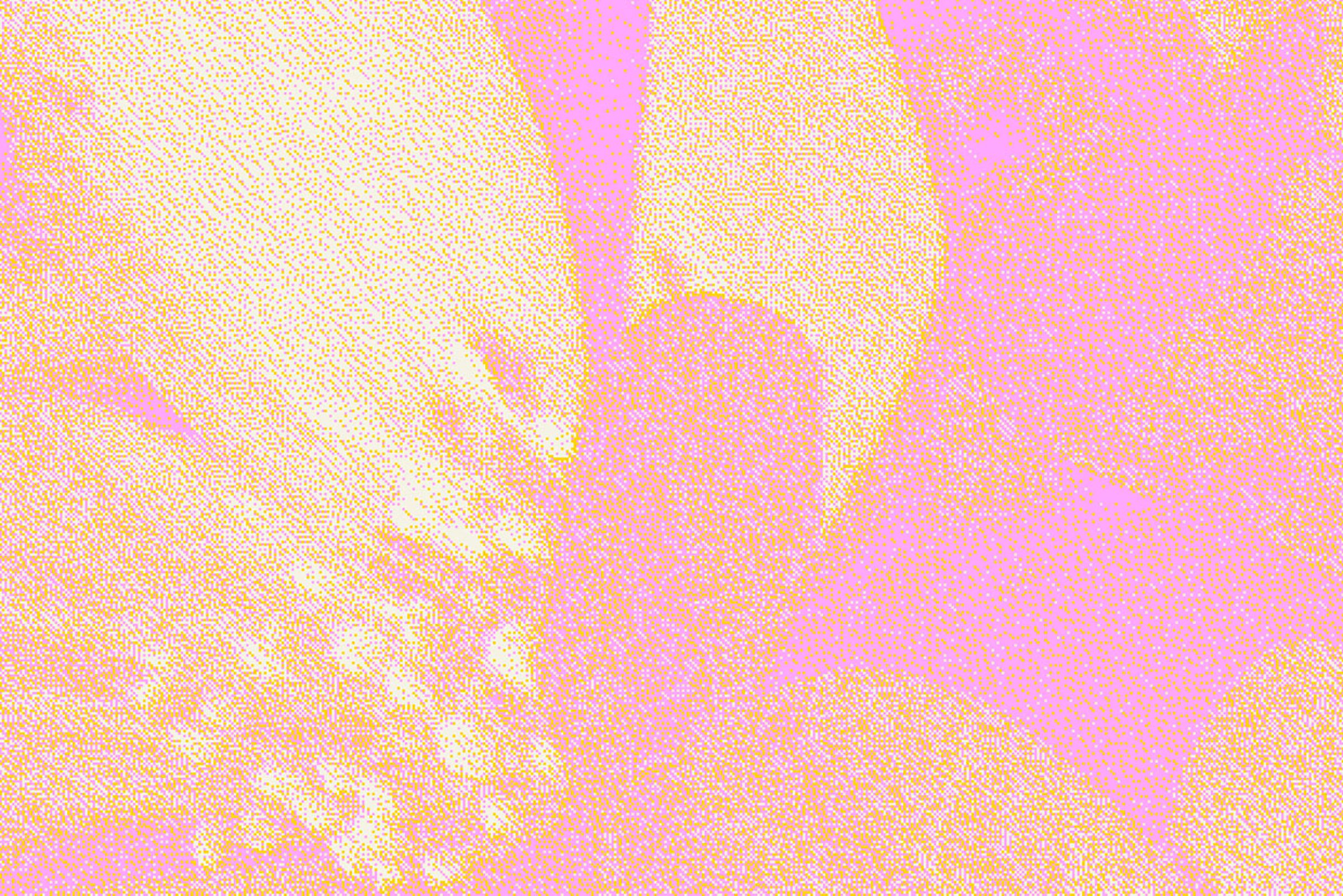In his first editorial essay, Lorenzo Giusti wondered which word may enclose and convey the founding intentions of the biennial program “Thinking Like a Mountain”, which opened last May. He suggested an English word “togetherness” despite being unsure whether this term could be the best choice. While reading the explanation of the meanings attributed to this word, the African concept of Ubuntu, a notion I had come across recently, came to mind.
Can a word unknown to most of us capture the ultimate meaning of our project? Can a culturally far concept from another continent express what the invited artists try to communicate and act through their works?
Many African societies consider Ubuntu as a way of life that can be summed up by the phrase, “I am because we are; and since we are, therefore I am”. Despite the stark contrast in meaning, these words recall Descartes’ famous Cogito Ergo Sum (I think therefore I am), which profoundly influenced Western thinking for centuries. Descartes’ motto recalls the concept of people as autonomous individuals. On the contrary, Ubuntu summarises the reciprocity and interconnectedness manifested by many African people’s outlook on life.
It is not a question of opposing individualism to communitarianism.
Ubuntu does not deny the importance of the individual. Still, its main point is deeply connecting each person with their community, since being human correlates to the idea of doing, not just being.
This idea is linked to the concept of making humanness, another word that is difficult to translate into other languages and that has sometimes been wrongly associated with humanism, together with the Ubuntu philosophy. Ubuntu is a value system putting humans at the center. Yet, this significance is different from what Western humanism has claimed. First of all, Ubuntu simultaneously affirms and recognizes one’s humanity and that of others. Moreover, the meaning of humanity is not only given by being born a man or a woman. It is also constructed daily in a solidary, communitarian, and interdependent perspective, including the environment and non-humans.
This same idea is conveyed by Sonia Boyce titling her speech “Benevolence” and drawing inspiration from the fresco of benignity in the Biblioteca Civica Angelo Mai’s Sala Tassiana, which depicts a woman in the act of suckling various animals. The artist emphasizes caring about others and puts it into practice through polyphonic singing.
Along the same lines, Mercedes Azpilicueta’s performance Que este mundo permanezca (May This World Remain) inextricably links the fates of humans and birds, highlighting the interdependence of every creature inhabiting this earth. The well-being of one is intertwined with the well-being of others; her artistic practice also articulates this message, connecting people and places to co-create her works.
In conclusion, the artists invited to participate in the program genuinely seem to express the values of the Ubuntu philosophy. As we said, such a word does not belong to Western culture and tradition, but it seems to be the right choice to convey the reasons behind the “Thinking Like a Mountain” project.
I like to believe that we can resort to a foreign concept from places long “ignored” to adopt a different perspective on the present and the future. An idea that is not merely abstract but describes lived experiences, a perception of collective and connective life from which we can all draw inspiration.
And therefore, “I feel the other, I dance the other, therefore I am” (Léopold Senghor).
Sara Fumagalli


